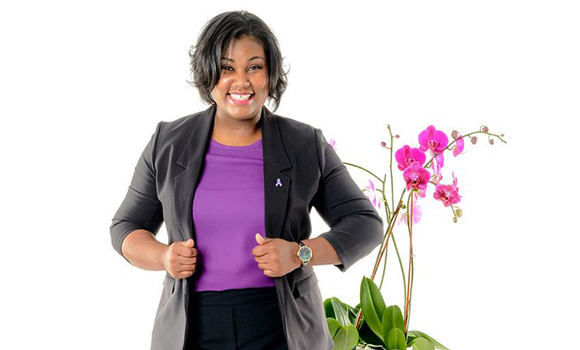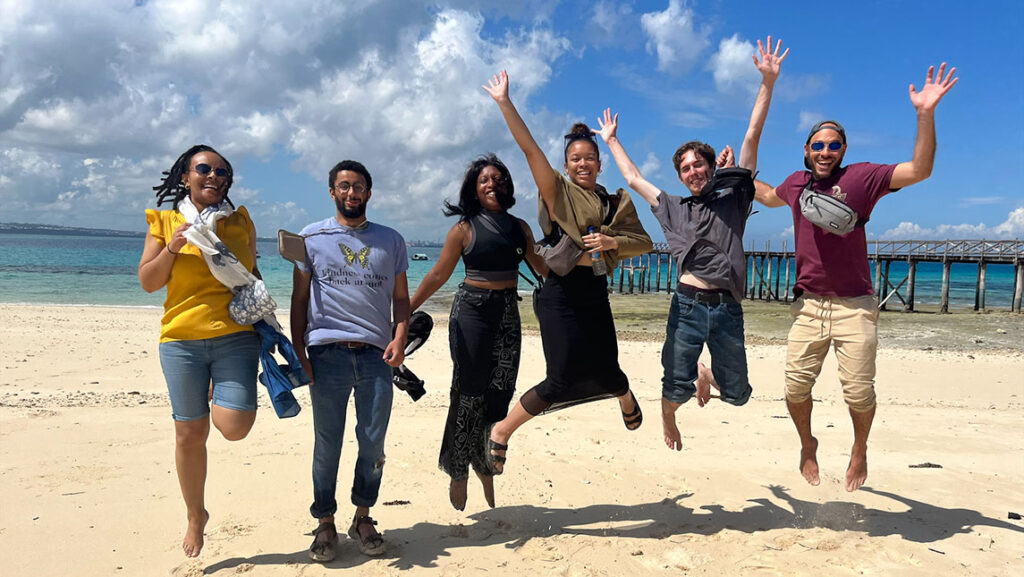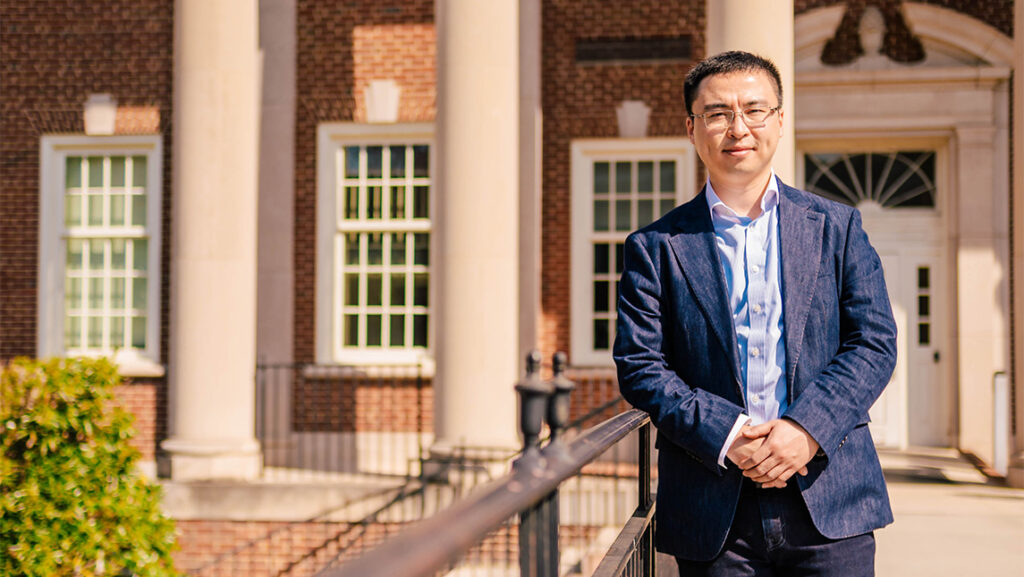Domestic violence affects one out of three Americans. As a survivor, 2019 doctoral graduate Joy Kelly is on a mission to help others through the recovery process.
“It’s very personal,” Kelly says. “That’s what drives me.”
Kelly didn’t anticipate her career trajectory when she entered college in 2006 – not even when an abusive relationship contributed to her transferring to UNCG as a third-year undergraduate. Instead, she graduated with dual degrees in dance and business and landed a job with JP Morgan Chase in New York City.
It was only when her toxic relationship finally ended completely and Kelly started her own therapy that she realized she’d found her calling as a counselor.
“I’ve always been the person people go to for advice, and I’m interested in how different types of relationships work,” she says.
Thrilled to discover UNCG’s Counseling and Educational Development program was ranked third in the nation, Kelly applied.
“After completing my master’s, I was so in love with what I was learning,” she says. “My passion for teaching and research and clinical work grew, and I knew this was the time to earn my doctorate.”
In her domestic violence prevention and recovery research, Kelly identified factors that contribute to long-term healing, such as self-love and advocacy. And she developed a strengths-based assessment clinicians can use to determine where patients are in their recovery process.
“Historical research focuses on crisis intervention and getting free from the violence – which is very important because it can be very dangerous and can get very bad very quick,” Kelly explains. “But if we expand the conversation to talk about strengths, we can get people to think from the beginning about what they’re good at, and they can begin to heal.”
“There’s this perception that people who have survived trauma are damaged goods,” she adds. “In a way, they have been damaged, but the experience doesn’t have to define them in their future. To have survived something that traumatic means that person is very strong.”
As a graduate student, Kelly also worked with the Healthy Relationships Initiative, a partnership between UNCG and the Phillips Foundation promoting safe and happy relationships in Guilford County.
Now, as a visiting professor at UNCG and a couples and family counselor, Kelly educates her students and clients on what makes a healthy relationship.
“In therapy, we’re trying to change long-standing and even generational patterns. A lot of people haven’t experienced a healthy relationship in their families of origin, and they just repeat what they know,” she says. “What we know isn’t always healthy. Sometimes an intervention that teaches a couple how to communicate can be life changing.”
This post originally appeared in UNCG Research Magazine. To read other stories about research, scholarship, and creative activity, visit researchmagazine.uncg.edu.
Story by Robin Sutton Anders
Photography by Martin W. Kane, University Communications



